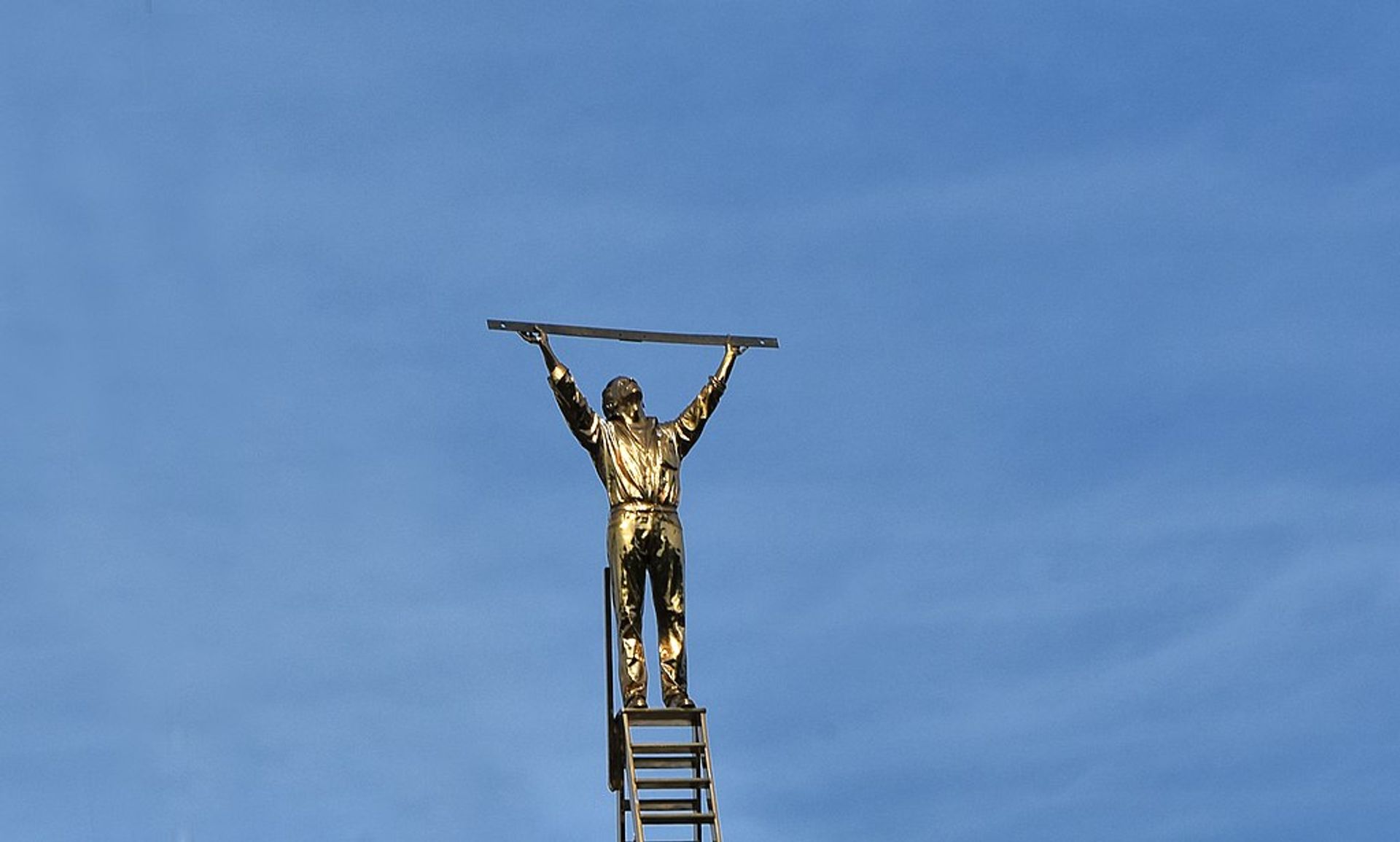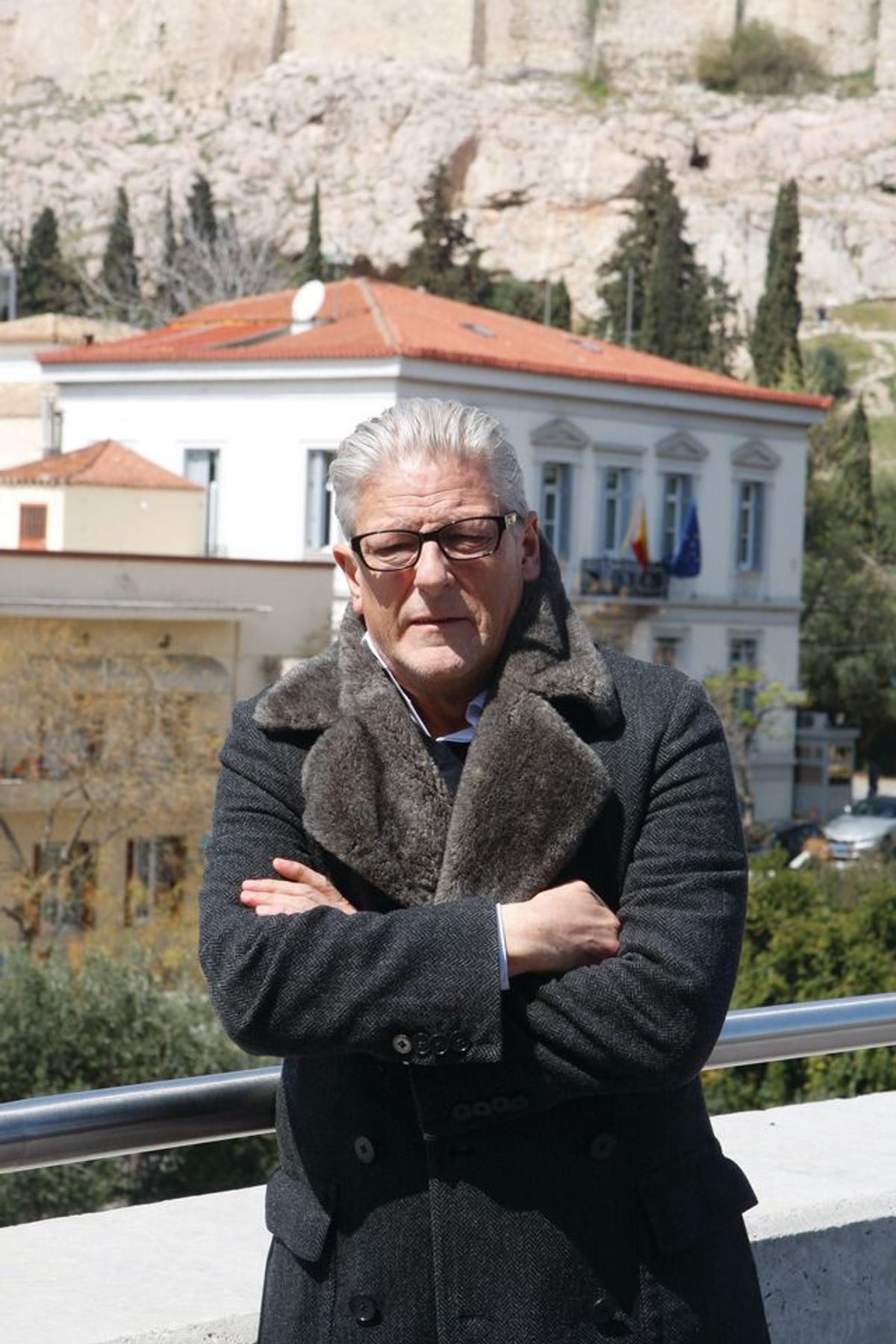The Belgian artist and choreographer director Jan Fabre will stand trial next year on charges of sexual harassment and indecent assault following a three-year investigation by the Auditorat du travail d’Anvers, a tribunal specialising in labour disputes. A criminal court in Antwerp announced last week that the case will be heard over two days (25 March and 1 April). Fabre denies any wrongdoing.
In September 2018, the Flemish ministry of culture launched an investigation into Fabre’s dance company Troubleyn after several former performers accused the artist of sexual harassment and misconduct. Twenty former dancers, 12 of them anonymous, alleged in a letter sent to the Dutch art magazine rekto: verso that they were humiliated and intimidated.
The letter says: “Through sharing and reflecting on our collected experiences and testimonies—one of which dates back 20 years—we have come to understand that Troubleyn company members have been navigating unprofessional and inappropriate relationship practices in the workplace for decades.”
A response from the Troubleyn company posted on rekto: verso, dated September 2018, says: “We deplore this attack via the media, as this constitutes an unfair public trial. Jan Fabre is being publicly shamed without any form of defence, on the basis of anonymous testimony and allegations that are difficult to verify.”
The statement added: “A clear line is drawn at Troubleyn: everything must happen with mutual consent and respect. We force no-one to engage in certain actions that are perceived by him or her to be improper behaviour.” The company disputes the allegations that inappropriate behaviour was covered up.
Eline Tritsmans, Fabre’s lawyer, meanwhile tells The Art Newspaper: “Jan Fabre is relieved that he can finally defend himself in court. We will not conduct the trial via the media but will bring our defence at the appropriate place, before the tribunal… Jan Fabre has not committed any criminal offence.”

Jan Fabre's The Man Who Measures the Clouds (1998) Photo: Paul Hermans
In March, the De Singel arts centre in Antwerp removed a sculpture by Fabre, The Man Who Measures the Clouds (1998), from the roof of the building. In a statement posted online, centre officials say that the work was not re-installed as curators decided “to focus on new or unknown work”, adding: “In 1999, this work of art by Jan Fabre was placed on the roof of De Singel. For us, this work has lost its artistic relevance since then.”
The statement adds: “In addition, the sculpture symbolises a cult of self-glorification with which we as a house do not identify. The fact that the sculpture in that place [in 2021] is perceived as offensive to certain people is also an argument. The combination of these arguments led us to conclude that the work no longer belongs on our roof as a symbol of our identity.”
In May 2018, Fabre showed a series of sculptures at Galerie Templon in Paris in a show entitled Belgian Sexual Folklore. The exhibition included sculptures made from former church objects and ephemera found in attic or jumble sales, while other works reflected Belgium’s carnival and theatre traditions such as a 100-year-old organ decorated with sequinned phalluses.


